One day last week while I was in Nairobi we had lunch with a Kenyan colleague who asked “When people from the U.S. talk about Africa, why do they only talk about the animals? When you go home, talk about the people.” I struggle with this, the same way I always (not just in Nairobi) struggle with photographing people. I am not comfortable with treating people like a tourist attraction, and even with their consent I can never seem to capture in a photograph what I see when I look at people.
I’ve been thinking about this for over a week and wondering why this post is so hard for me to construct. It finally dawned on me today that maybe the reason we don’t talk about the people is that to do so, we have to talk about race, and we really do not want to talk about race. I really do not want to talk about race.
Genetically I am a mix of European regions – the UK, eastern Europe, the Mediterranean. If I’m feeling uncomfortable with being identified as American, as long as I keep my mouth shut I can pass pretty much anywhere in Europe. Even in Africa the first thing people usually ask me is “European?” not “American?” I was amused by a multi-lingual person at a counter in the Brussels airport asking me loudly and slowly “DO YOU SPEAK ENGLISH?” One thing I always am, and it’s really noticeable in Africa, is white.
On our first trip to Nairobi we American travelers were four white and one black, all from the east coast, all ranging in age from 35 to 55, all fairly equal as to social and economic privilege in both our current lives and our growing up lives. The first shop we walked into in Nairobi, one of the employees asked if this was our first trip to Africa. We all said yes, and he turned to our one black colleague and said “Welcome back!”
So part of talking about what’s different in Nairobi necessarily involves talking about not how Nairobi is different, but how when I am in Nairobi, I am different. And I am not used to that. And I am not comfortable with how not used to that I am.
I also worry that when I talk about the people I met in Nairobi, I will fall into some weird cheerful-native trope if I generalize.
So, yeah. It’s easier to talk about the animals.
It is also true that in the entirety of my schooling I took exactly one African history class. The “familiar” things to me about Kenya are not from school or even the news, but from an embarrassing array of entertainment sources. I am sure I am not alone in this – if you have ever seen The Lion King I dare you to hear “asante sana” (“thank you”) and not follow it in your mind with “squash banana,” even if out loud you are more appropriately saying “karibu” (“you’re welcome”). I know about Karen Blixen because of Out of Africa. More than one person I have told about seeing the Karen Blixen house seems to genuinely have her confused with Meryl Streep, and her lover with Robert Redford.

I laughed the first time I heard someone respond to “How are you?” with “Hakuna matata” because, of course – the Lion King. But shortly after my first trip to Nairobi last fall, I saw an episode of the splendid snark-rom-com You’re the Worst in which one of the characters says “hakuna matata. ” His girlfriend asks him if he’s quoting the Lion King at her, and he has no idea what she is talking about but explains that it is a Swahili phrase and it means – and she interrupts him and says “Yeah, I know, it means ‘no worries’.” He says “It’s a bit more nuanced than that” and explains it really means “There is not a currently a problem.”
I find this to be a perfect description of the feeling I get when being greeted by a Kenyan – “Jambo! Welcome! There is not currently a problem!” Unlike “hello,” I don’t think it’s possible to say “jambo!” without an exclamation point. It is a very welcoming greeting. The only thing more welcoming is when you say it to someone who is not expecting a swahili greeting – the smiles you get in return feel like the sun coming out after a week of rain, which in turn means you can’t say “jambo!” without smiling.
One of the most noticeable things in the office was the laughter. In both our New York office and our Nairobi office, the organization provides lunch and everyone gathers in one room to eat. Admittedly the New York office is bigger, but still, people tend to gather in pairs or very small groups and huddle. In the Nairobi office the whole room is often involved in the same conversation. When you are not in the room you really notice the laughter coming from the lunch room, and when you are in the room, you are caught up in it along with everyone else.
My general impression of the Kenyans I have met in passing – drivers, hotel staff, people working in shops – is that they are friendly in a sweet and genuine way. I could guess that this is because they are in a service industry, but that has emphatically not been my experience of people in service in the U.S.
I don’t know. Trying to describe what Nairobi is like for me is like trying to describe a flavor, or a sound, or a feeling. This jumble of photos does a pretty good job of matching the jumble of images in my mind.
The city skyline can be seen immediately beyond the safari area in the Nairobi National Park. Baboons cross the highway between the park on one side and the university on the other, and they beg for (or steal) food like squirrels do here, or pigeons. Driving into downtown you will pass roadside commerce of all kinds, on roads that have been dug up almost beyond recognition, with people walking on what would be sidewalk regardless. The flowers and foliage are lush in the rainy season and amazingly beautiful. You never know when you will see Masai driving their cattle along the road or across a gas station parking lot, moving to the next grazing area. Tour drivers always point out the enormous Kibera slum, the second largest in all of Africa. It looks like a jumble of corrugated tin, plywood, cardboard. Each shelter made of things leaning against other things, held up by the next group of leaning things that backs right up against it. It almost looks as if you moved any one piece the whole thing would crash to the ground, and at the same time it is so packed together it seems that nothing can move, making me wonder how people actually get around in the space, let alone live. Also very near to downtown is a forest with walking paths, caves, waterfalls, more wildlife. This is in the wealthy area, where the beautifully landscaped yards are surrounded by high walls topped with coils of what I always think of as prison wire, though there is probably another name for it. The plants used in that landscaping are sold in spectacular – well, garden centers, I suppose, though they look like fantastic gardens themselves, a little farther out of town. They have plants and huge brightly glazed and painted ceramic pots and piles of mulch in beautifully laid out sections, and they either go on for the equivalent of city blocks or they are one right after the other; I’m not sure which. In the daytime there is someone there and in the night time they are empty of people as far as I have seen, but they are just as open in any case. The traffic is legendary, with hardly any functioning traffic lights, and roundabouts everywhere. Everyone seems to know the exact dimensions of their car down to the millimeter, as they need to in order to squeeze into spaces that don’t seem they can possibly fit a car. In many, many places you see guards armed with impressively large rifles, but they seem to be part of the landscape for residents. There are security checkpoints for vehicles and pedestrians going into malls, a security checkpoint about a mile out from the airport, and vehicle checks or at least gates with guards going into most office buildings and hotels. The guards, armed or not, also often greet you with a cheerful “Jambo!”
I want to take all that and draw conclusions, and summarize, but I find I can’t. It all adds up to…Nairobi. I supposed I don’t have to explain it. I’m just glad I got to experience it, even a little, even around the edges.











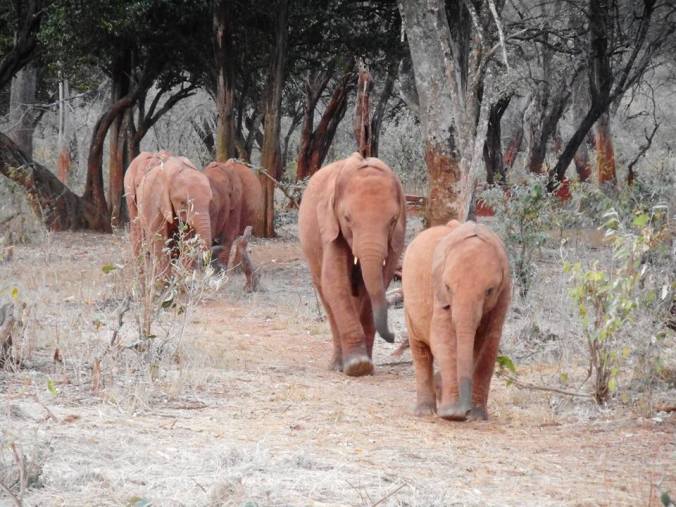


 We have three dogs. I’m sure there are things that can be said about them based on birth order now that they are all in one household. We made a lot of mistakes and did a lot of learning on the oldest. The middle one is precocious and self-activating in the particular way of middle children. The youngest is spoiled but does not take advantage of it (much), and tries harder to please and to be noticed than the other two do. He likes to always be touching one of his dogs or humans, whether for comfort or to make sure we know he’s there, I’m not sure.I am also the youngest of three, so I may relate to him a little more than is good for me.
We have three dogs. I’m sure there are things that can be said about them based on birth order now that they are all in one household. We made a lot of mistakes and did a lot of learning on the oldest. The middle one is precocious and self-activating in the particular way of middle children. The youngest is spoiled but does not take advantage of it (much), and tries harder to please and to be noticed than the other two do. He likes to always be touching one of his dogs or humans, whether for comfort or to make sure we know he’s there, I’m not sure.I am also the youngest of three, so I may relate to him a little more than is good for me.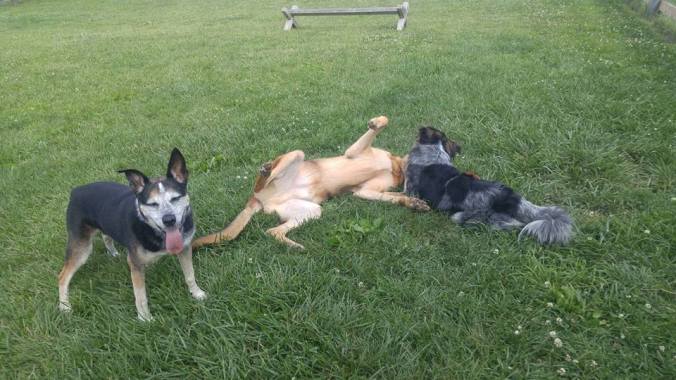






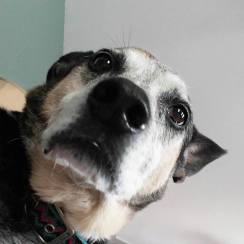









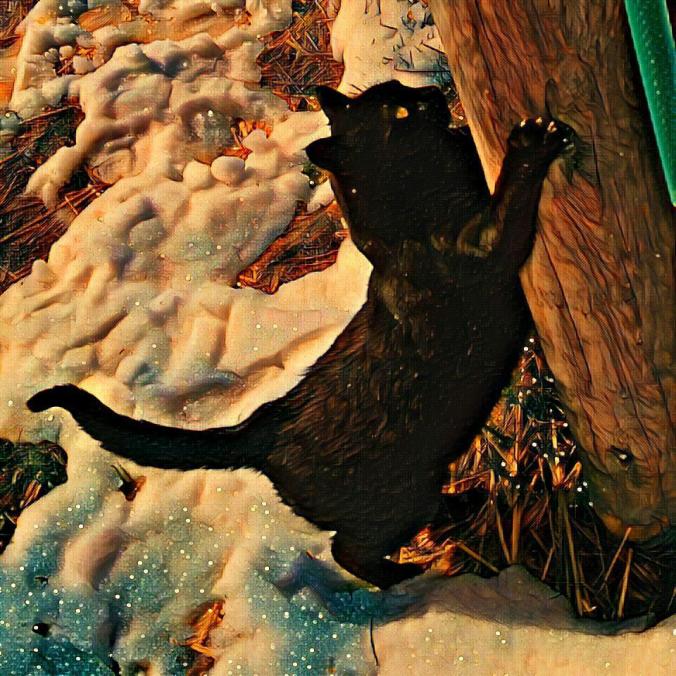
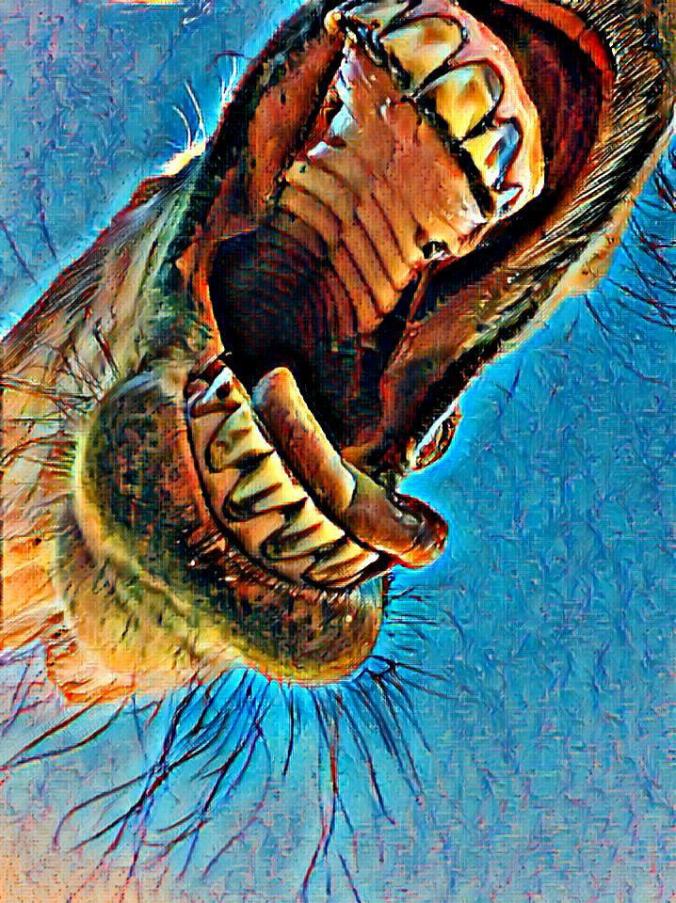


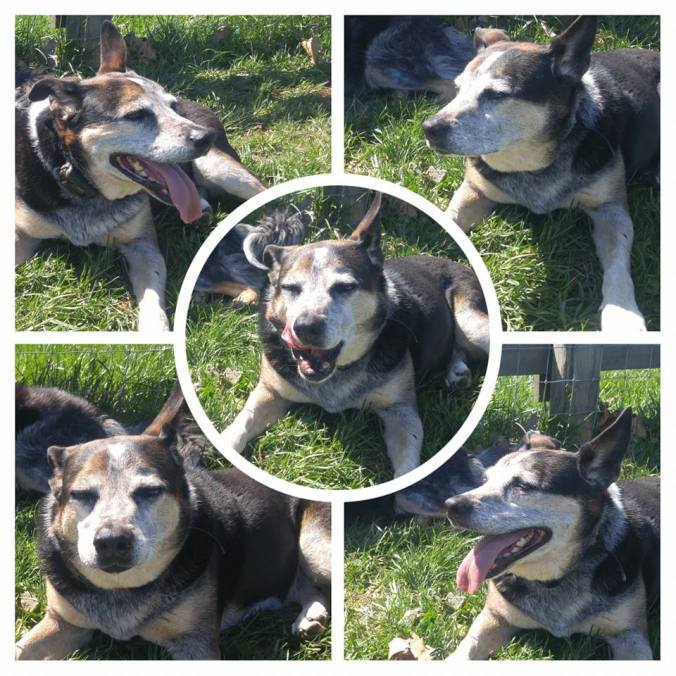

 I am not a dog person. When I was in my early 20’s I liked to say that I felt the same way about men, dogs and children: though I liked individual ones a great deal, I felt the general concepts were poor ones. My three children came into my life not long after that, but it would be at least another ten years before I got my first dog.
I am not a dog person. When I was in my early 20’s I liked to say that I felt the same way about men, dogs and children: though I liked individual ones a great deal, I felt the general concepts were poor ones. My three children came into my life not long after that, but it would be at least another ten years before I got my first dog.